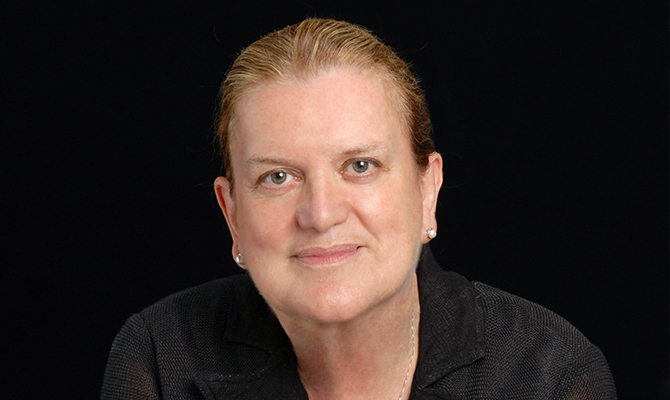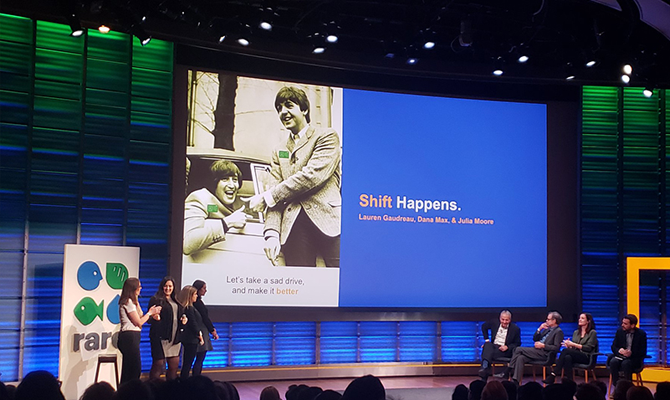
To fulfill the requirements for this degree program, you must complete nine course units (c.u.)* of on-campus study: Five core courses and three elective courses, plus the capstone—which is two 0.5 c.u. courses taken over two consecutive semesters, beginning in the fall.
The standard time to complete this degree is one academic year: two semesters, fall and spring. Students completing their degree in two or three semesters must take capstone courses in their first fall and spring semesters. Students completing their studies in four semesters should complete five non-capstone core courses in the first two semesters, reserving their final two semesters for electives and capstone courses.
| Course | Title |
|---|---|
| BDS 5010* | Behavioral Science: Theory and Application of Experimental Methods |
| BDS 5030 | Behavioral Interventions for Policy and Organizations |
| BDS 5210 | Judgments & Decisions |
| Quantitative unit* |
Based on an evaluation prior to the start of the program, you will be recommended one of the following two courses:
|
| Applied unit |
Students must take at least one of the following three course options:
|
| BDS 5997 and BDS 5998 | Part I - Capstone: Consulting with Behavioral Science Part II - Capstone: Design Challenge |
*Quantitative unit courses and BDS 5010 are assigned to you based on an evaluation prior to the start of the program.
The goal of the Master of Behavioral and Decision Sciences is to equip students with tools for practical applications and a focused academic portfolio.
Students are encouraged to tailor their elective courses to fit their professional interests and objectives. MBDS students must take three elective courses to complete the program. These electives should be chosen to enhance the skills and expertise for academic and professional goals. One elective must be from the MBDS curriculum, while the remaining two pre-approved electives may be taken from disciplines and schools across the University on related topics.
MBDS electives include:
-
BDS 5020 Norms and Nudges
-
BDS 5110 Negotiation Behavior
-
BDS 5150 Game Theory
-
BDS 5160 Data Science & Quantitative Modeling (advanced)
-
BDS 5220 Statistical Reasoning for Behavioral Science (intermediate)
-
BDS 5250 Organizational Behavior
-
BDS 5310 Behavioral Science in Action: Past, Present & Future
-
BDS 5410 AI and Human Behavior
-
BDS 5550 Groups and Networks
-
BDS 5880 Special Topics in Behavioral and Decision Sciences (research seminar)
-
BDS 5991 Independent Research Study
-
Students may choose to take additional courses from the quantitative unit or the applied unit as electives, after fulfilling the core course requirement.
- Independent Research and Special Topic Seminars: Students may pursue an Independent Research study (BDS 5991) and take Special Topic Seminars (BDS 5880, when available) during their program. These options provide great opportunities for students to strengthen their research skills and get academic mentorship.
Electives may be taken from the following Penn schools:
- The Wharton School
- School of Arts and Sciences
- Annenberg School for Communication
- School of Dental Medicine
- Stuart Weitzman School of Design
- Graduate School of Education
- School of Engineering and Applied Science
- Penn Carey Law
- Perelman School of Medicine
- School of Nursing
- School of Social Policy & Practice
Please note: Successful registration for courses from other disciplines and schools depends on the availability of the course and the approval of its department. For details about courses, please visit the Penn Course Catalog.
All students must have completed undergraduate courses in (a) introductory statistics and (b) game theory or microeconomics before the term begins. These can be completed at any accredited institution before the term begins; online summer courses in these subjects are available at Penn.
Across private and public sectors, it is increasingly recognized how insights from behavioral science help in solving a variety of problems, optimizing processes, and achieving efficient outcomes. But how is this change taking place? How are businesses using behavioral insights to have a positive impact, and what type of professional from the field are they looking for?
The new Capstone course consists of two semesters where students are invited to engage in a dialogue with industry to understand the landscape of the field of behavioral science, and use the tools learned in MBDS courses to tackle specific industry problems.
Fall semester: In the first semester (fall), the Capstone will focus on Consulting with Behavioral Science, as students engage in conversation with industry leaders that will provide them with first-hand knowledge of a) how behavioral science is applied in organizations across several domains, b) why behavioral science insights and tools are becoming increasingly relevant in organizational settings, and c) what MBDS graduates can expect when they finally get to the job market. Students will use these conversations to identify, develop, and focus on their professional goals, helping them to refine their academic plans to support these goals.
Spring semester: In the spring, students embark on a Design Challenge, where, in teams, they will have a chance to use instructional and strategic input from these conversations to shape their work. Check out past Design Challenge clients by visiting the Design Challenge page.
Course schedule
We often add new courses and revise course content to adapt to the dynamic behavioral science field. As such, the courses listed below are subject to change.
Spring 2026
| Course Number | Course Title |
|---|---|
| BDS 5010 675 | Behavioral Science: Theory and Application of Experimental Methods |
| BDS 5020 676 | Norms and Nudges |
| BDS 5030 675 | Behavioral Interventions for Policy and Organizations |
| BDS 5110 675 | Negotiation Behavior |
| BDS 5150 675 | Game Theory |
| BDS 5160 675 | Data Science and Quantitative Modeling |
| BDS 5210 675 | Judgments & Decisions |
| BDS 5410 675 | AI and Human Behavior |
| BDS 5550 675 | Groups and Networks |
| BDS 5880 675 | Special Topics in Behavioral & Decision Sciences |
| BDS 5998 675 | Capstone: Design Challenge |
Summer 2026
| Course Number | Course Title | Session |
|---|---|---|
| BDS 5060 975 | Applied Statistics for Behavioral & Decision Sciences | Summer Session II: July 2 – August 7, 2026 |
| BDS 5090 975 | Applied Game Theory | Summer Session II: July 2 – August 7, 2026 |
| BDS 8970 900 | CPT Practicum | Special Session 2026 |



